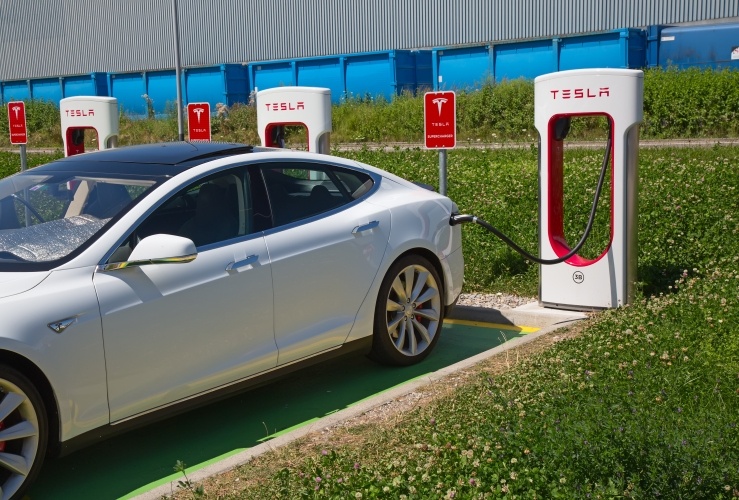
Tesla Supercharger station (swisshippo/Bigstock.com)
2016 was a monumental year for the global car industry, with a host of new technologies taking big leaps towards the mainstream.
Transportation affects every aspect of our lives, so the direction of the car industry is of great importance to us all.
Autonomous car tech from the likes of Google and Apple continues to develop, while Tesla's forthcoming Model 3 may put electric cars within the reach of millions; Elon Musk’s latest model will be priced at US$35,000 before any applicable government incentives.
And yet previous predictions about the car industry have proven overly ambitious; a decade ago we were told that by now millions would be driving electric cars. That hasn’t happened.
Low petrol prices in recent times, together with improved MPG figures, have meant combustion engine cars remain popular, while infrastructure for electric models, even in forward looking places like California, remains inadequate.
But electric cars are improving all the time, offering greater range and performance than ever before. These technologies, perhaps when combined with forthcoming autonomous systems, could beckon an exciting new time for the world of automotives. When electric/autonomous cars are so cheap and pleasant to use, consumers will naturally begin to choose them. However, a huge amount of sustained development and investment is required to reach that stage.
And 2017 could present big challenges for these new technologies. If the new US administration back-pedals on emissions limits for new vehicles, there will be less pressure on car firms to develop cleaner, greener models.
One way or another, this time next year, the auto industry will look very different.





